As we move further into the 21st century, the pace of technological advancement continues to accelerate. The year 2025 stands out as a milestone in global innovation. New and improved technologies are reshaping how we live, work, communicate, and care for our planet.
In this blog, we’ll explore the most transformative technologies of 2025, highlighting how each one is impacting industries, societies, and our everyday lives.
READ MORE : https://digitalmohit.co.in/
1. Artificial Intelligence: The Brainpower Behind Everything
Artificial Intelligence (AI) is no longer just an emerging trend — it is the foundation upon which many other technologies are built. In 2025, AI is becoming smarter, more accessible, and more deeply integrated into nearly every industry.
Key Innovations in AI:
- Generative AI: Tools like OpenAI’s ChatGPT-4.5 and Sora are producing human-like text and even generating video, revolutionizing marketing, customer support, entertainment, and education.
- AI in Healthcare: Diagnostic AI tools now help doctors detect diseases faster and more accurately, often before symptoms even appear.
- AI for Business Automation: From customer service bots to predictive supply chain management, AI is saving companies billions while improving user experiences.
Real-World Impact:
AI is enabling hyper-personalization, accelerating scientific research, and automating complex workflows. It’s not just a tool anymore — it’s a core strategic asset.
2. Quantum Computing: The New Frontier of Problem-Solving
Quantum computing is still in its early days, but in 2025 we’re witnessing rapid progress. Companies like IBM, Google, and emerging startups are racing to make quantum systems commercially viable.
Why It Matters:
Traditional computers process data in binary (0s and 1s). Quantum computers use qubits, which can be both 0 and 1 at once — allowing them to solve problems in seconds that would take classical computers years.
Breakthroughs in 2025:
- Error correction algorithms are improving stability and reliability.
- Quantum cloud platforms are allowing researchers and companies to experiment without owning expensive hardware.
- Applications in chemistry and logistics are becoming more tangible — from drug design to traffic optimization.
3. 5G and 6G: Ultra-Fast, Hyper-Connected Worlds
Connectivity is the backbone of innovation. In 2025, 5G networks have become mainstream in most urban areas, and the early groundwork for 6G is already being laid.
What 5G Delivers:
- Low-latency communication (ideal for gaming, remote surgery, and autonomous driving)
- High-speed internet even in crowded urban environments
- Enhanced IoT performance, supporting millions of connected devices per square mile
Looking Ahead:
Early 6G research is focusing on terahertz waves, aiming for download speeds 100 times faster than 5G. This could support fully immersive augmented and virtual reality environments at a global scale.
4. Renewable Energy Tech: Powering a Greener Future
The climate crisis is forcing a global rethinking of energy production. In 2025, renewable energy is not only environmentally necessary — it’s economically competitive.
Game-Changing Tech:
- Advanced battery storage is allowing solar and wind to power cities at night and during low-wind periods.
- Hydrogen fuel cells are becoming viable for trucks, ships, and even aircraft.
- AI-powered smart grids optimize energy distribution in real time, reducing waste and improving efficiency.
Global Trends:
Governments are investing heavily in renewables, and tech companies are racing to decarbonize their operations. The result? A cleaner, more resilient, and more decentralized power grid.
5. Biotech & Genetic Engineering: Medicine Gets Personal
The combination of big data, AI, and gene-editing technologies like CRISPR is giving rise to a new era in medicine. 2025 is the year where personalized healthcare moves from experimental to mainstream.
Major Advancements:
- Genomic sequencing at scale: Entire genomes can be sequenced in minutes, enabling precise diagnostics.
- Gene therapies are being used to treat rare genetic diseases once considered incurable.
- Lab-grown organs and tissues are helping solve donor shortages.
Personalized Medicine:
Instead of “one-size-fits-all” treatments, doctors can now tailor therapies to an individual’s DNA, increasing effectiveness and reducing side effects.
6. Augmented & Virtual Reality (XR): Beyond Gaming
Extended Reality (XR), which includes Virtual Reality (VR), Augmented Reality (AR), and Mixed Reality (MR), is transforming how we interact with both the physical and digital worlds.
Where XR is Thriving in 2025:
- Education: Virtual classrooms and immersive history lessons
- Work: Holographic meetings and virtual co-working spaces
- Retail: AR mirrors and virtual try-ons
- Mental Health: VR therapy sessions for anxiety, PTSD, and phobias
As devices become smaller and cheaper, XR is no longer niche — it’s entering daily life.
7. Robotics & Automation: The Rise of Smart Machines
Robots are no longer confined to assembly lines. In 2025, intelligent machines are serving in restaurants, caring for the elderly, and even performing complex surgeries.
Emerging Trends:
- Collaborative robots (cobots): Work alongside humans in factories and labs
- Delivery robots: Last-mile delivery via drones and ground vehicles
- Home automation: AI-powered cleaning, cooking, and security systems
The growing synergy between robotics, AI, and IoT is reshaping the global labor landscape.
8. Blockchain and Web3: Trust in the Digital Age
After a few volatile years, blockchain and Web3 technologies are finding real utility beyond cryptocurrency.
What’s Evolving:
- Decentralized identity systems are improving privacy and reducing fraud.
- Smart contracts are automating legal and financial transactions.
- Tokenization of assets is transforming real estate, art, and gaming.
While regulation remains a challenge, the decentralization of trust is revolutionizing how we share, transact, and govern in digital spaces.
Conclusion: A Future Built by Technology
The technologies of 2025 are not just about convenience or speed. They’re reshaping human potential, driving sustainability, curing diseases, and connecting communities across the planet. As we look ahead, one thing is clear: the best technologies are those that amplify human creativity, solve real-world problems, and help build a more inclusive, sustainable future.
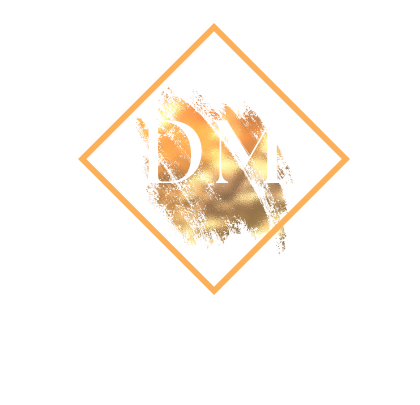
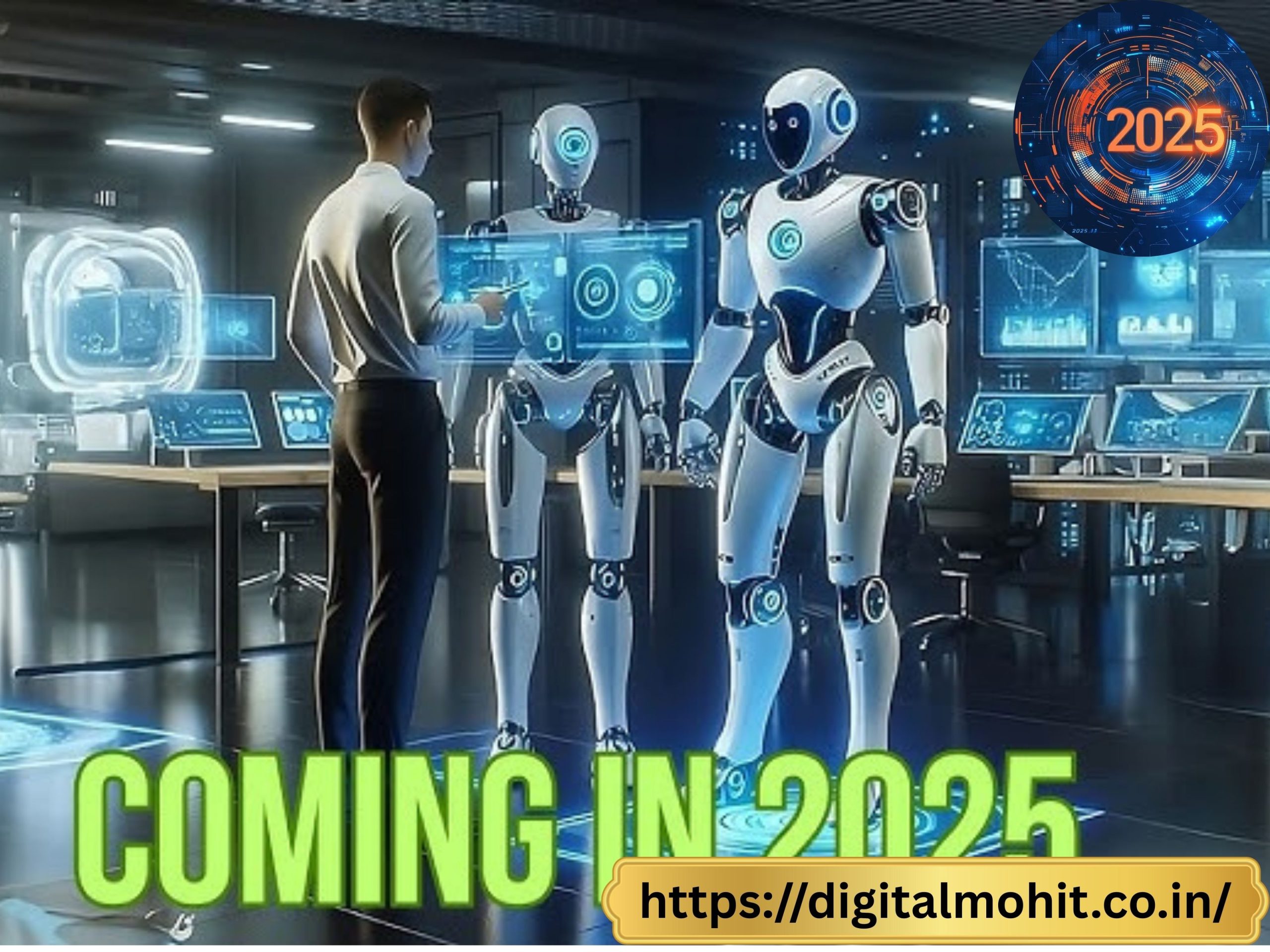


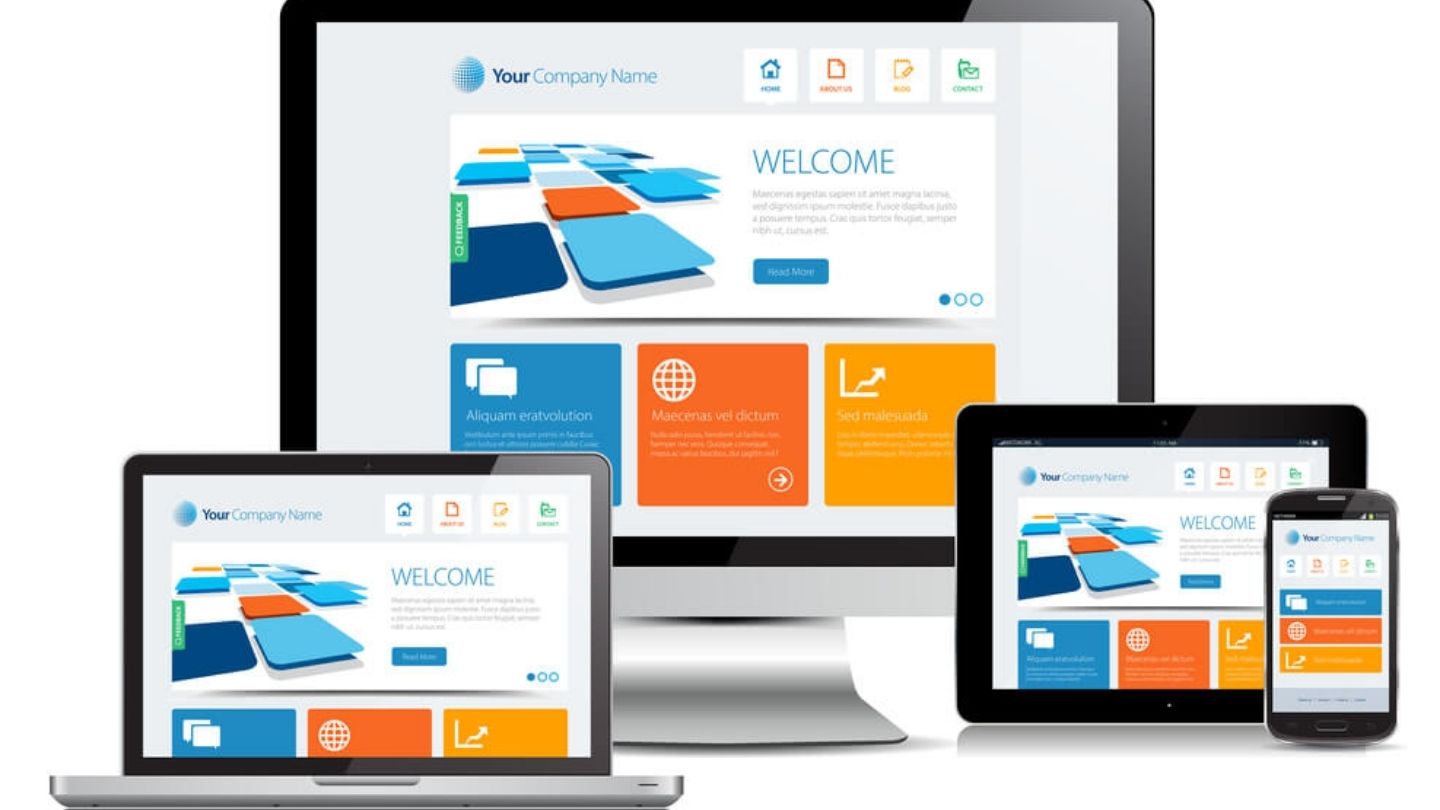
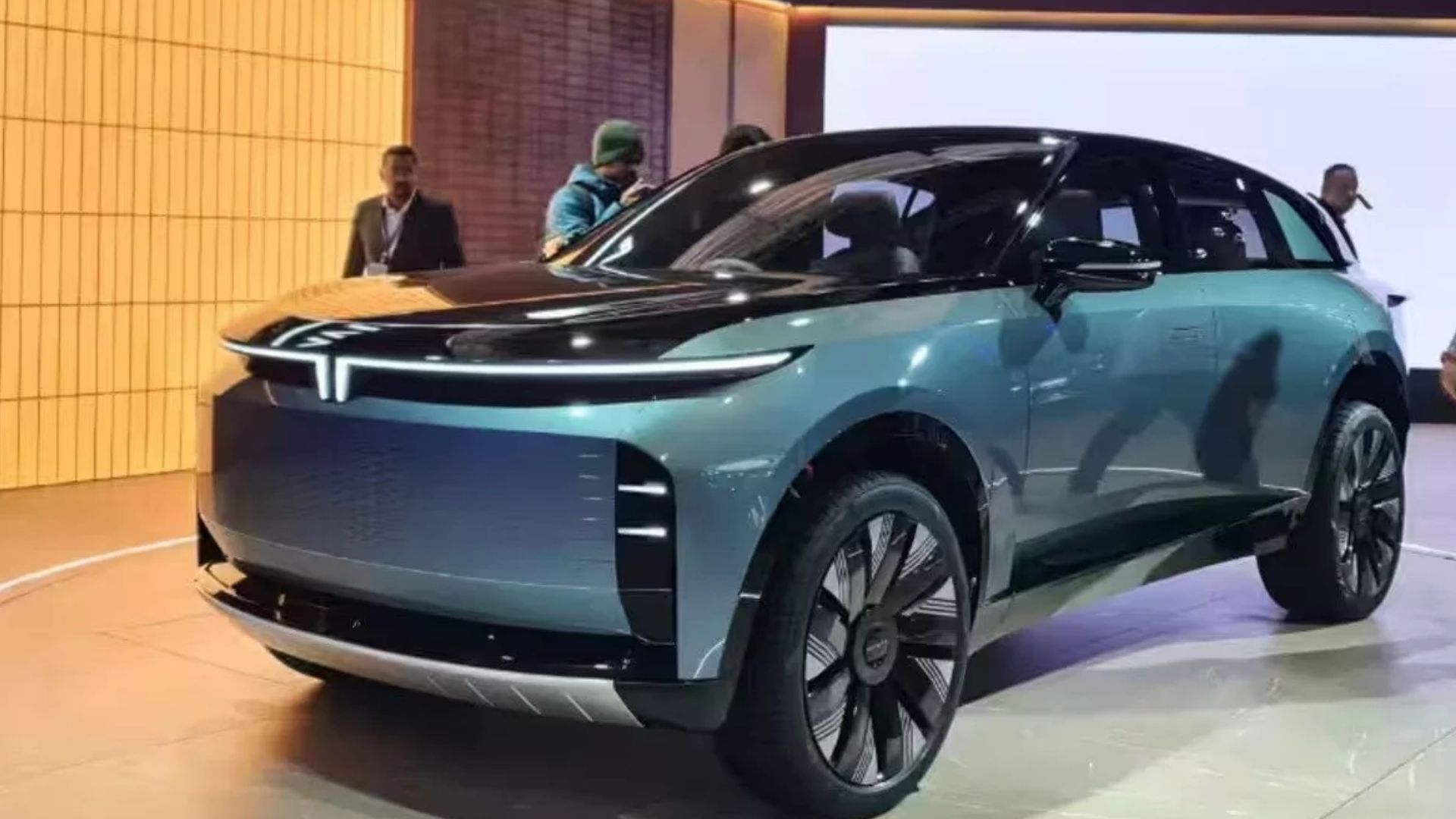


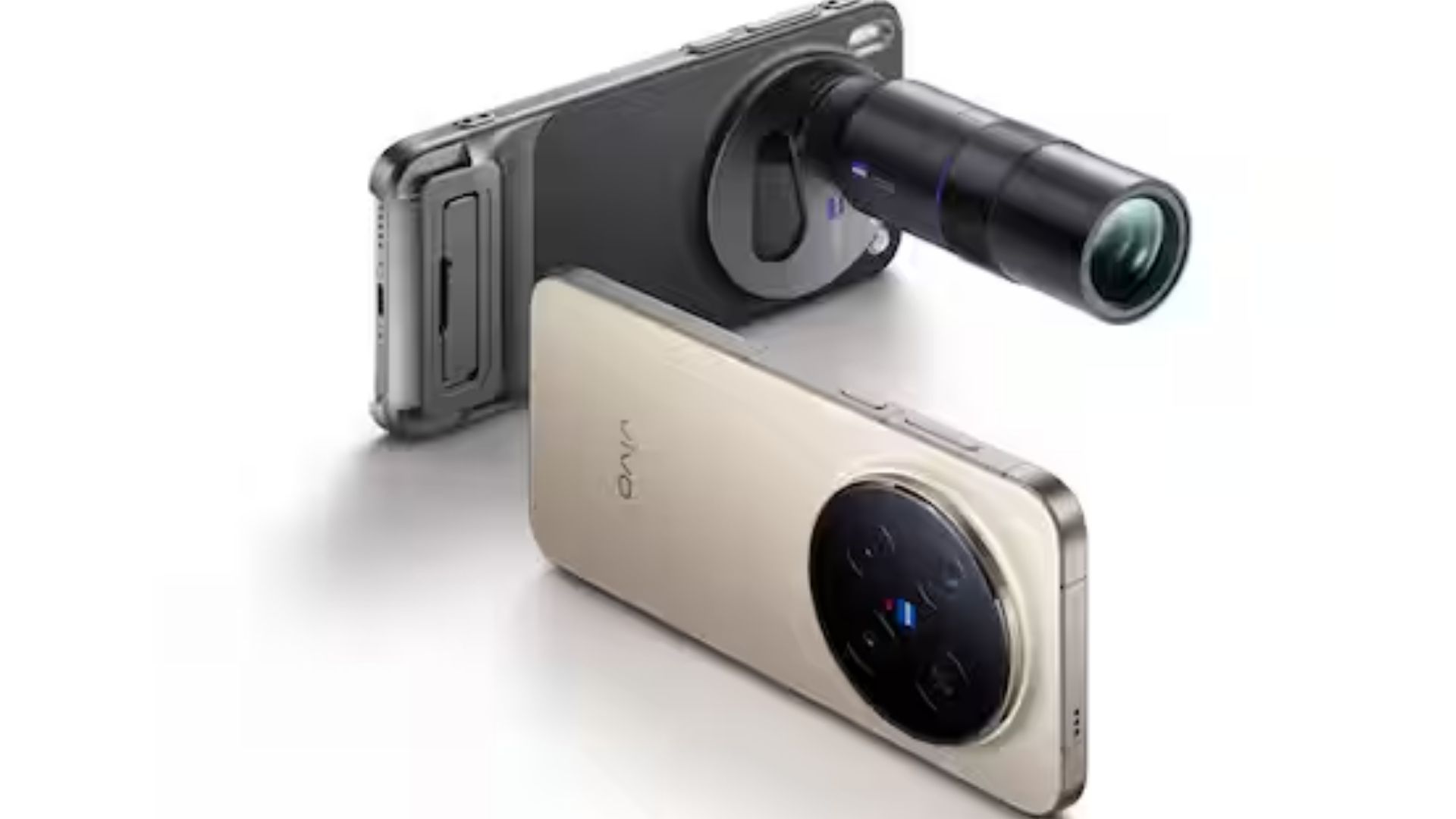

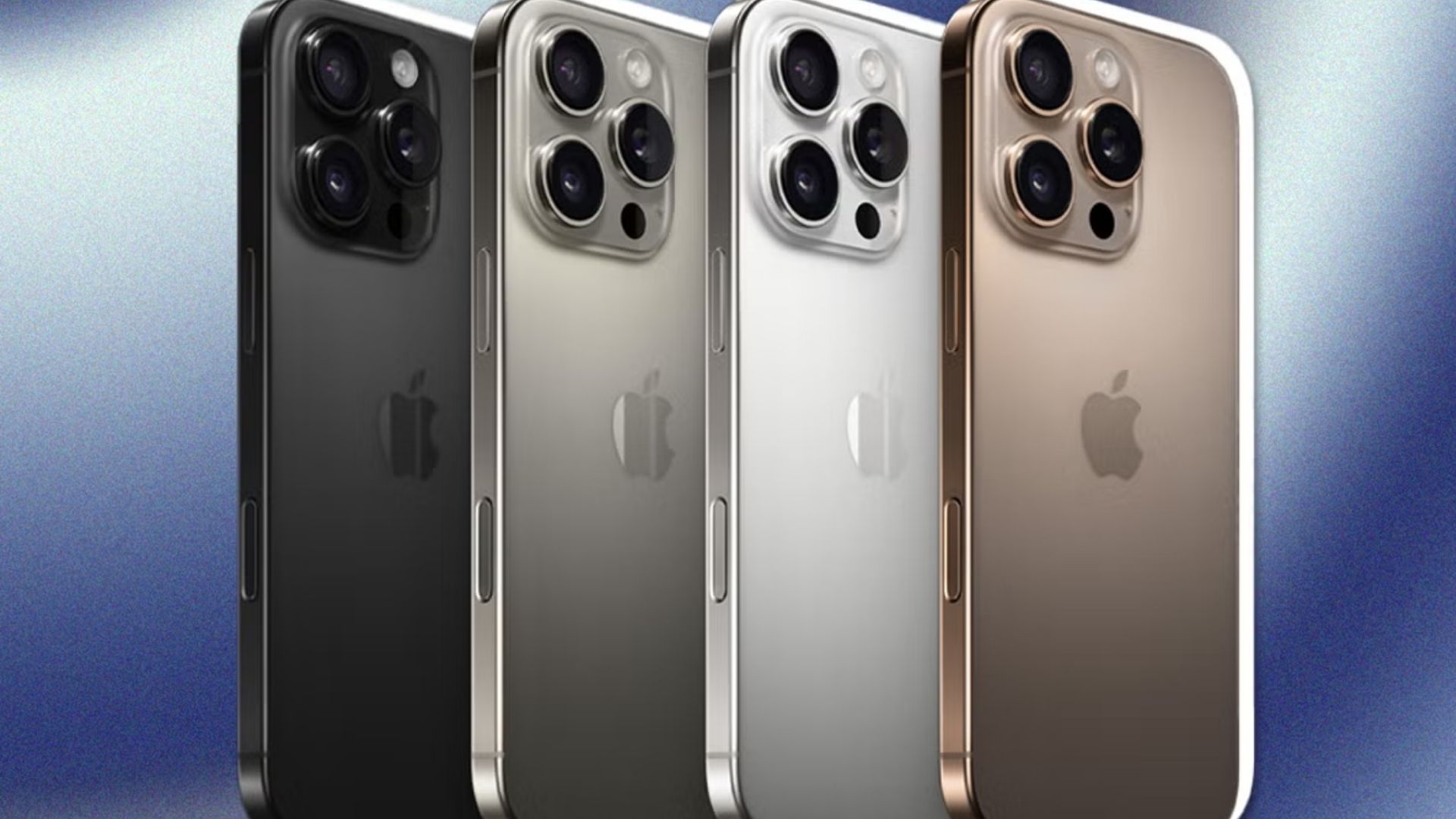
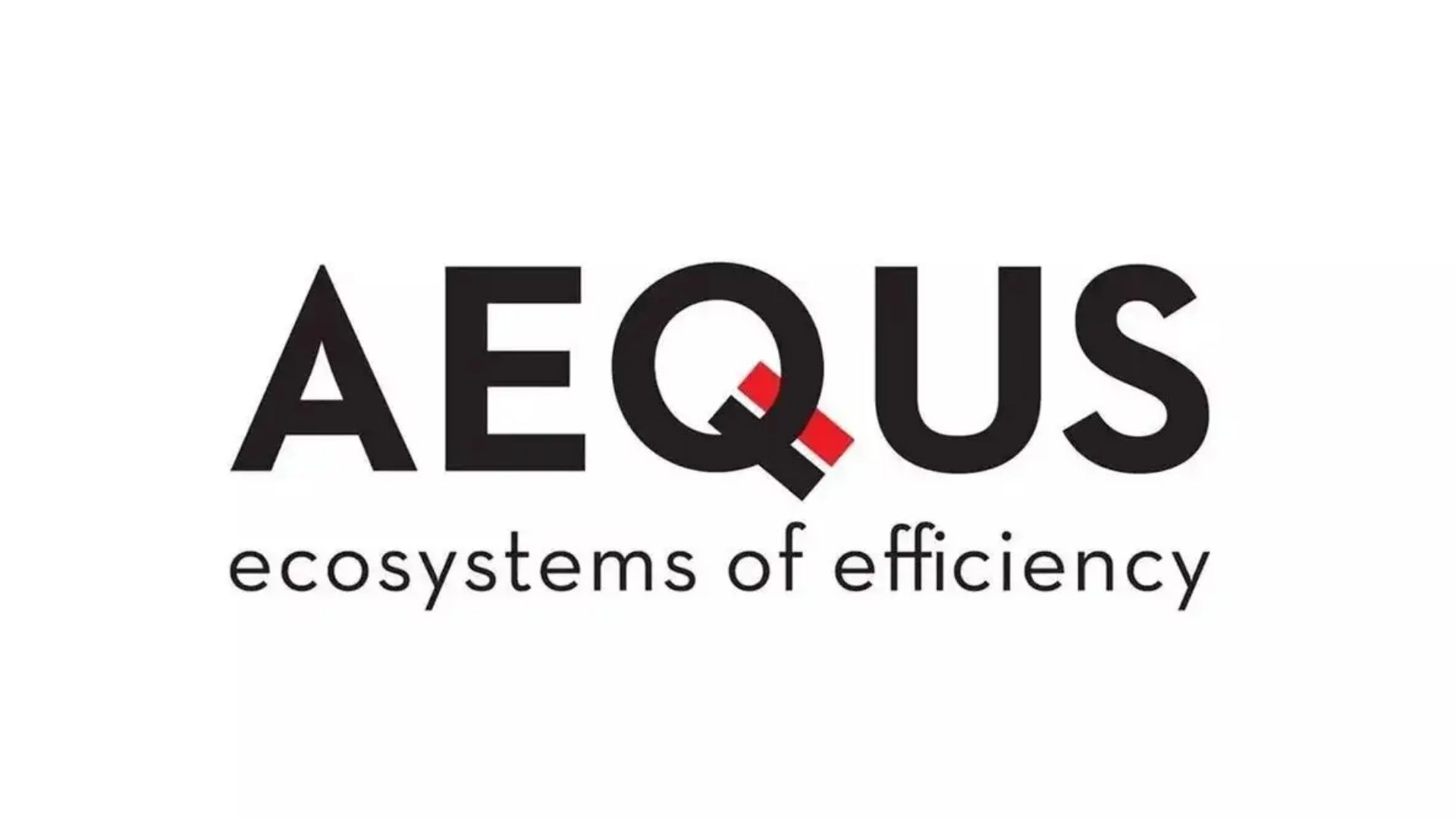




Leave a Reply